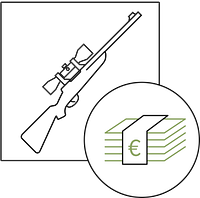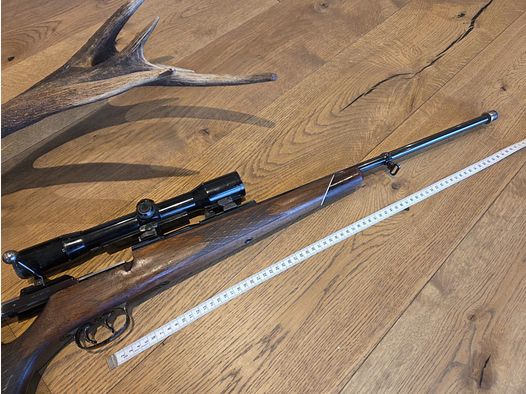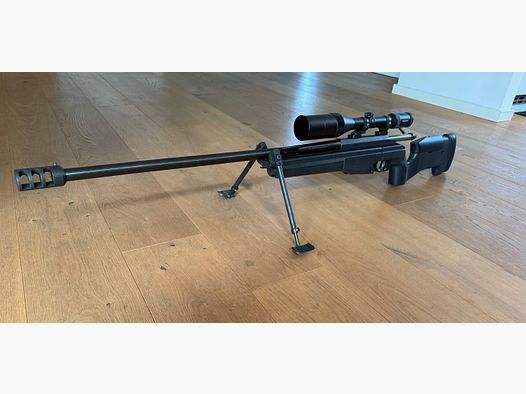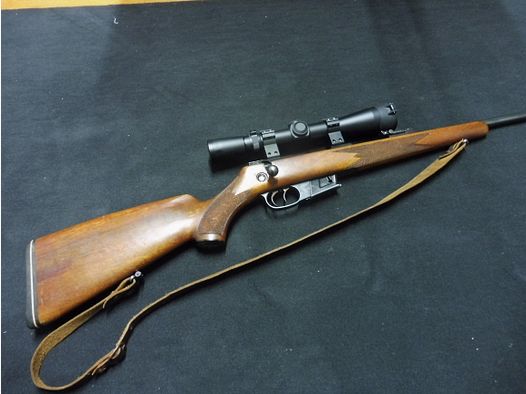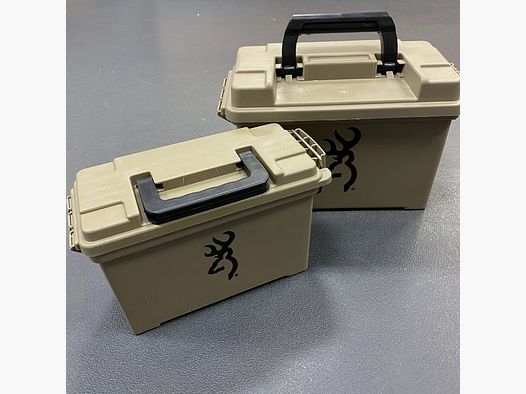The recent changes in German gun law, passed by the Bundestag, bring significant changes that are also relevant for hunters. Despite numerous criticisms from associations and experts, the law has been tightened to counteract violent crimes, especially in urban areas, as well as terrorist threats. In this article, we provide an overview of the key points that affect hunters.
New Regulations on Reliability and Personal Suitability
One of the central changes concerns the verification of the reliability and suitability of gun owners. In the future, statements made on social media or to authorities can also be included in the assessment. This expands the catalog of offenses that can be used as evidence of unreliability. A person is considered unreliable from a conviction of at least 90 daily rates.
Furthermore, more authorities will be involved in the checks, such as the police authorities at the residence of the last ten years and the customs criminal office. If there are doubts about reliability, firearms and ammunition may be confiscated for up to six months – if necessary, even through home searches.
Knife and Weapon Prohibition Zones
A particularly far-reaching change concerns the prohibition of knives and weapons in certain public areas. Authorities and police can control individuals in these zones without cause. In addition, carrying knives at events, regardless of blade length, is completely prohibited, with few exceptions.
Carrying knives in public transport, especially at train stations and in waiting areas, is also heavily restricted. Spring-loaded knives are completely banned, although there is a transition period for spring-loaded knives already in possession.
Critical Voices on the Tightening
Numerous hunting and weapon associations, such as the German Hunting Association (DJV) and the Federal Association of Civil Legal Weapons (BZL), have sharply criticized the tightening. Within just five weeks, a petition against the law collected over 130,000 signatures. The Association of German Gunsmiths and Arms Dealers (VDB) also opposed the planned tightening with over 146,000 letters sent to Bundestag members.
The DJV is now considering legal action against the law and described the process as constitutionally questionable. The criticisms focus mainly on the overload of authorities due to the additional verification obligations and the perceived inadequate hearing of experts and associations prior to the decision.
Comment: Legislation Hits the Wrong People
A comment by Marc Henrichmann, MdB (CDU):
The tightening of gun laws is a well-intentioned but ultimately ineffective response to the terrorist attack in Solingen. It primarily affects law-abiding citizens, while criminals and terrorists will not be deterred by these new regulations in the future. The draft law fails to recognize that the knife used in the crime was already prohibited under existing law.
Moreover, the already complex and lengthy bureaucracy at gun authorities will be further inflated. The planned expansion of the reliability check overwhelms the authorities and places law-abiding hunters and sports shooters under general suspicion. Instead of creating new, poorly crafted laws, existing laws should be consistently applied to better monitor and disarm potential threats.




